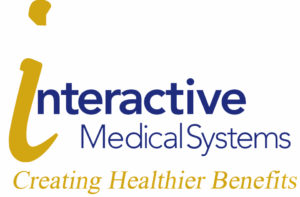Self-Funded Dental Plan Administration
There are two funding approaches for an employer’s dental benefit plan: conventional funding and self-funding. In conventional funding the employer purchases a fully insured dental benefit plan, the premiums are paid monthly in advance, and benefits are generally inflexible. With self-funding the employer, with the assistance of an agent and Third Party Administrator (TPA), controls rising healthcare costs by customizing a dental benefit plan that addresses the healthcare needs of it’s employees and the financial objectives of the employer.
Benefits that are provided in a conventional fully insured program can be included in the self-funded plan or benefits can be customized to cover what is important to employers and their employees. Additionally, with the self-funded plan the employer holds the cash to fund benefits. Instead of sending the fully insured premium to the insurance company, only a small fraction of the premium is utilized for administrative costs. The employer holds the remainder of the premiums as a claim fund and can invest or utilize them for general business purposes until needed for the funding of claims. The employer retains the funds when claims are less than expected, thus realizing true savings.
The employer, in consultation with their consultant/broker, contracts with IMS for administrative services, to investigate and recommend appropriate plans, and for all other functions necessary to establish and maintain a successful self-funded benefit plan.
And just because you have a self-funded dental plan does not mean your employees cannot have a full PPO network! IMS offers access to the many national Dental PPO Networks such as DenteMax, CIGNA, and NovaNet.
